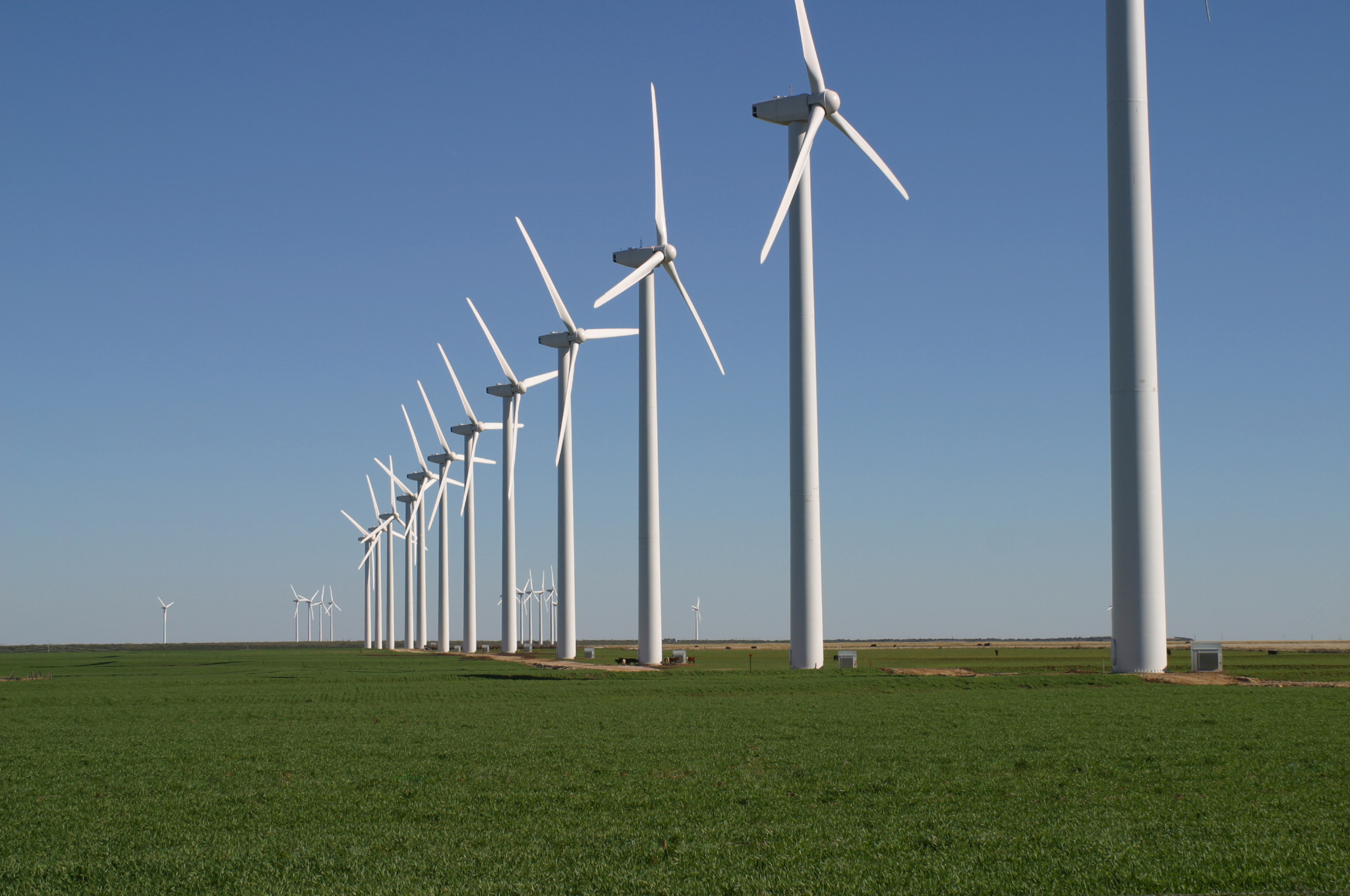Jamezz
Well-Known Member
There is a nimby standing in the way of every one of those. Guess we know which nimby you are.
The truth is we need all of them.
What's nimby?
There is a nimby standing in the way of every one of those. Guess we know which nimby you are.
The truth is we need all of them.
What's nimby?
2 degrees is going to disrupt billions of lives? That's not going to happen any more than Halley's Comet, September 23, 2015, 21/12/2015, or Y2K.
Maybe we could build more of this kinda stuff?
.






That is how you separate the sincere warmers from the idiots. "So you desire to have a clean, efficient power source that actually works. You must support nuclear energy, right?" Because if they say "No" then the danger isn't really all that bad. It's like someone telling you that they are starving to death but they don't want to eat broccoli. Hell, even France gets this. . .
Humans are not the sole cause of climate change but we are the cause of global warming. There is a common misconception that we know that we are causing warming because of temperature readings at weather stations and we reverse engineer from there. That's not how it works at all. It's actually done in reverse.
We know how much energy we are transferring into the atmosphere and we know how much warming that should cause. This much is indisputable as it is a matter of well understood chemistry to calculate. Now that we have calculated the warming caused by man we look at the temperature data. If the warming is higher than our calculation than natural processes and or feedback loops are causing the warming beyond our calculation. If the warming is less than our calculation than natural mitigation(ocean absorption of Co2) and or natural processes that cause cooling are causing the difference.
The good news for humans is that thus far at least the readings have been less than our calculated effect meaning that the earth has mitigated some of our emissions and maybe that the earth would be cooling without them. The bad news for humans is that the earth is warming albeit less than our emissions would cause acting alone.
This all means that although human activities are not the sole cause of climate change we are the cause of the warming trend.
